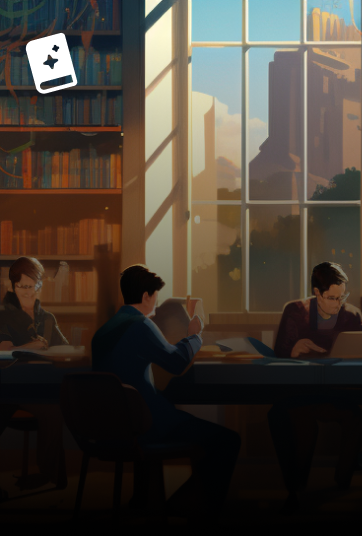
Be the Bridge

Be the Bridge
Be the Bridge
Pursuing God's Heart for Racial Reconciliation

Be the Bridge

Be the Bridge
Pursuing God's Heart for Racial Reconciliation
Summary: A mix of Latasha Morrison's personal story as well as the story of Be the Bridge.
I have never met Latasha Morrison, but several people I know have. I have never been a part of a Be the Bridge group, but again, many people that I know have, and speak very highly of the groups.
Be The Bridge is Latasha Morrison's first book, and like many practitioners, the book is as much about her work and organization as anything else. This is not a negative; her passion for bridge-building between racial divisions within the Christians church is evident and essential work. Be The Bridge has a model of racial reconciliation, and while it is a useful model, it is not the only model.
There is no ‘perfect book' for everyone when considering race issues in the US or in the church. However, Be the Bridge will probably be high on my list of books to recommend. I have spent much of the past five years or so reading widely on race. At this point, I have a couple of biases. First, while I do not exclusively read books on race by minority, especially Black authors, I do think I should read books primarily by minority, especially Black authors. Kyle Howard has a short thread on twitter about the problems of White people defining racism. Part of it was: “When the dominate culture claims sole ability to define what is racist, you will often find that they are never defined as being such...“
The second bias around books on race is that we have to admit that people are in different places. Some are new to the discussion and do not have adequate historical or sociological context. Some have a lot of history, but not much sociology or political background. Some people will only look through a biblical lens, and history or sociology will be detrimental in helping them to understand the realities of racism within the church. No book will be right for everyone.
Third, almost all books try to do a bit too much, because the authors, when writing about race, are trying to change hearts and minds, and often racial issues are their real passion. Fourth, non-Christian books are almost always further along in understanding racism than Christian books are.
With all of those biases, I do think Be the Bridge is probably going to be one of my top recommendations for books for Christians about race. Latasha Morrison has a clear orientation; racism needs to be addressed within community. There has to be truth telling and reconciliation. She understands racism as a structural and systemic problem, but one that has to be changed systemically by first changing the hearts of people to create a groundswell of people that can work together to create systemic change.
I have not participated in a Be the Bridge group, but I did participate in a short term group that was somewhat similar in orientation. And while my group was too short, the approach I think was surprisingly helpful (and Be the Bridge groups are much longer). Be the Bridge is not a Kumbaya approach. Their Whiteness 101 and Whiteness Intensive groups have been formational for several people that I know that have been through them. In many ways, it is not possible to separate the organization Be the Bridge, Latasha Morrison (the person), and the Be the Bridge book. Or at least in my mind, I am having a problem doing it, as you can probably tell from this post.
Be the Bridge is a helpful introduction to racial issues in the church. It probably tries to do a bit too much, and it a bit too oriented to the Be the Bridge organizational approach, but it also clearly communicates the issues around race in the church, is a warm and readable book and is approachable for people that are new to matters of race.